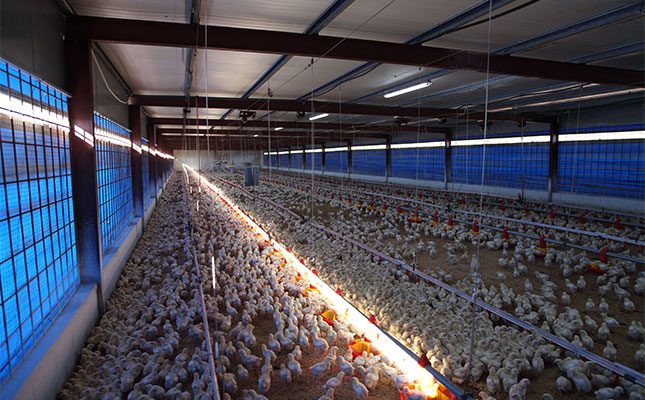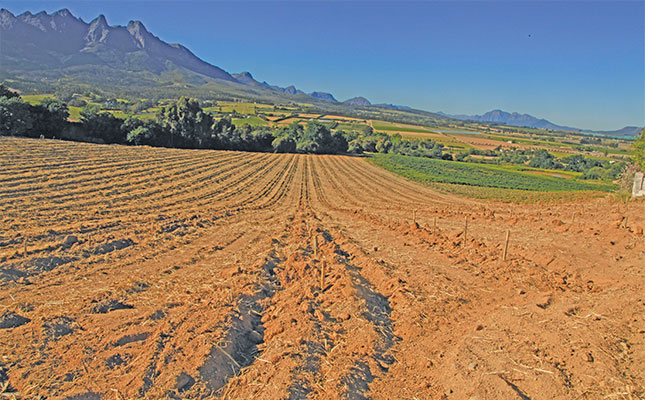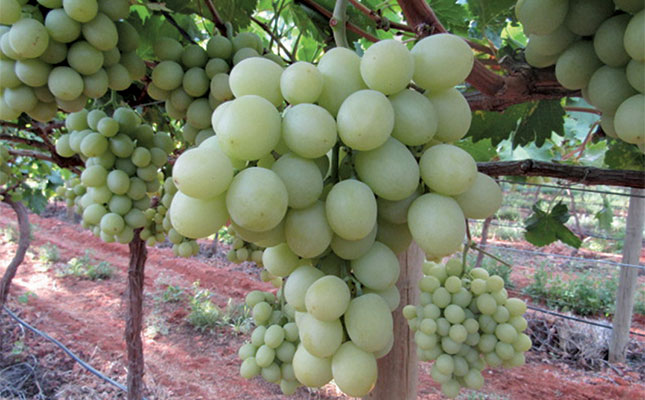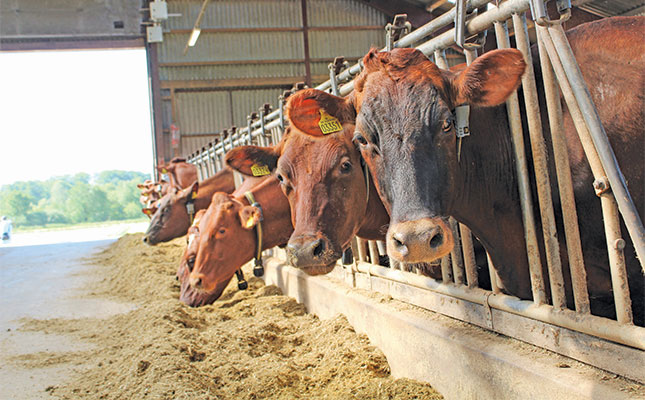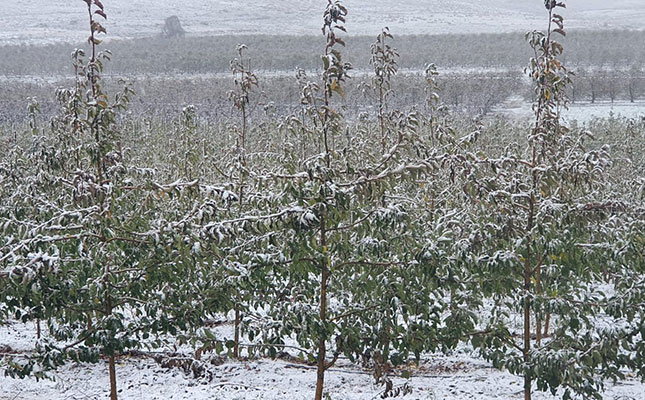
Tomato producers have been among those worst affected by a spate of cold fronts during May and June, which had a negative impact on certain fruit and vegetables traded on South Africa’s fresh produce markets.
This was according to Dr Johnny van der Merwe, managing director of AMT, a company that specialises in analysis and forecasting for the agriculture sector, and also a lecturer at the School of Economics at North-West University.
READ Tshwane market COVID-19 shutdown blamed on poor management
The South African Weather Service had issued several advisories between mid-May and mid-June warning of extreme cold across large parts of the country.
Snowfall was recorded in parts of Lesotho, the Free State and the Eastern Cape, as well as parts of the Western and Northern Cape and even KwaZulu-Natal.
“The cold weather [affected] both the volumes and the quality of products on offer at markets,” said Van der Merwe.
The same was true for bananas, with producers negatively affected by the extreme cold weather that resulted in lower volumes and quality issues.
READ Oversupply crisis a hard blow for global potato farmers
Potato production, on the other hand, was “not really affected”. Van der Merwe said he had not noted any major impact on volumes on offer.
Prices had also already been under pressure in recent weeks due to supply and demand disruptions after the restaurant industry was shut down during the national lockdown period to contain the coronavirus disease (COVID-19) pandemic, which he said would hopefully start to rebalance in coming weeks as business activity increased.
He said no major crop damage was reported on staple produce such as cabbage, spinach, and root vegetables.
According to Van der Merwe, a trend currently being observed was a shift in the annual winter buying patterns of fruit and vegetables. He said consumers were becoming more knowledgeable about shopping directly from fresh produce markets, which meant more “balanced spending”, as opposed to spikes in buying at month-end.
Get trusted farming news from Farmers Weekly in Google Top Stories.
➕ Add Farmers Weekly to Google ✔ Takes 10 seconds · ✔ Remove anytime
